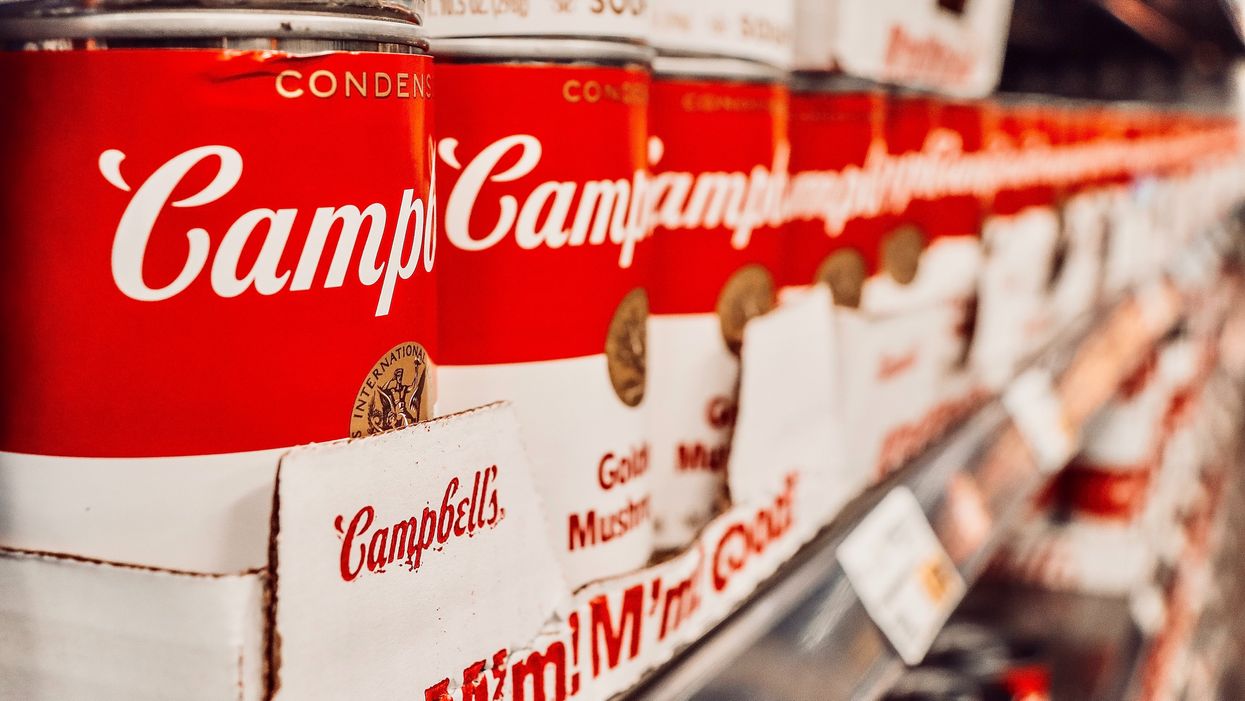Peapod Digital Labs opened applications for a program that helps diverse-owned brands get introduced to the companies of grocery company and parent Ahold Delhaize USA.
Through a partnership with Efficient Collaborative Retail Marketing (ECRM) and RangeMe, Peapod Digital Labs will host four virtual events throughout the year.
At the event, the suppliers will meet with merchants of Ahold Delhaize USA brands to learn about their products and expertise in a virtual showcase event. Ahold Delhaize brands include Food Lion, Stop & Shop, Giant and Hannaford.
Peapod Digital Labs will also offer pre-event coaching to participants in partnership with WBENC certified, women-owned business PowerToPitch. Suppliers selected for the meetings will be offered a 75-minute group coaching session and a 30-minute one-on-one coaching session to help hone their pitch.
"We’re excited to offer professional coaching for select candidates to help them approach the meetings with a clear and compelling pitch,” said Andjela Petrovic, director of supplier diversity for PDL, in a statement. “We worked with PowerToPitch during our Incubator program in 2022 and participants found the support and resources tremendously beneficial. It’s an investment to develop a skill that lasts well beyond this one meeting or event. We hope this program will continue to support and facilitate new relationships between diverse-owned suppliers and the companies of Ahold Delhaize USA.”
This is the second year that the program will be held. Last year, merchants met with over 100 suppliers, and 20 new suppliers were fully onboarded to one of the Ahold Delhaize USA brands. Others are still in the onboarding process.
Certified, minority-, LGBTQ-, woman-, veteran- and disability-owned businesses with products listed in the application can apply here by Friday, Feb. 3, for consideration.
The first event is scheduled for April 10-19, 2023, with subsequent events expected in June, August, and October.
While it works to expand on the supplier side, ecommerce arm Peapod Digital Labs is also ramping up its offerings to merchants. The company announced last year that it will build an in-house retail media network with a unified on-site and off-site platform, as well as a dashboard for campaign results.












